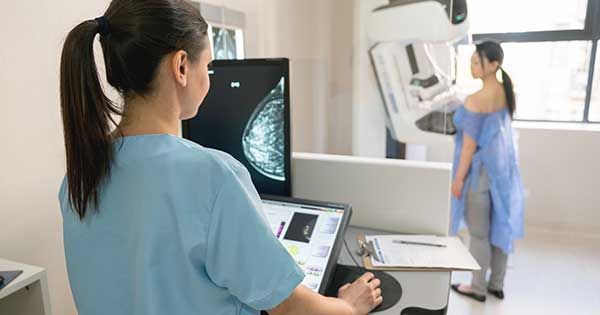Cancer
is a prevalent disease in India, and the world, and is the second leading
cause of death globally. Cancer is known for the rapid creation of cells that
grow abnormally and invade other organs of the body, a process known as
metastasising, that makes cancer fatal.
Early
detection of cancer provides symptomatic and asymptomatic patients a better
chance at survival with early treatment. Delayed cancer care makes the chances
of survival slim.
The first step in cancer detection needs to be taken from the patient. If a person notices a change in his or her
health, like excessive fatigue, unusual bleeding, a lump that refuses to go
away, sudden weight loss, night sweats, or a change in bladder or bowel habits,
then it is recommended that he or she gets a test.
Also Read | World Cancer Day 2021: Know the six most common types of cancer and their symptoms
Screening
is a method used to identify cancer in an asymptomatic person. Treating
cancer before symptoms appear is a healthier approach to deal with the
disease, assuming that cancer has not spread to other organs of the body.
Following
are the different types of screening types, specific for the organ affected by
the disease:
1.
Colonoscopy, sigmoidoscopy and stool tests
Colonoscopy
and sigmoidoscopy are efficient in the detection of colorectal cancer that
eventually helps in the prevention of the disease. These tests can detect
abnormal colon growth, which assists in their removal before they transition
into cancer.
2.
Low-dose helical computed tomography
This
test is used to screen for lung cancer, which accounted for 9.6 million deaths in 2018, and has shown efficacy in reducing lung
cancer deaths among heavy smokers aged 55 to 74.
3.
Mammography
Breast cancer, the most common cancer in women worldwide with over two million cases in 2018, can be detected early using this test, known
to reduce deaths among women aged 40 to 74.
4.
Pap test and human papillomavirus (HPV) testing
Known
to detect cervical cancer, the fourth most common cancer in women, these tests can be used separately as well
as in combination. Screening for cervical cancer is recommended to begin at the
age of 21 till 65.
Also Read | WHO introduces new strategy aimed at eliminating cervical cancer
While
screening tests come with many benefits, they do have some harmful effects as
well.
1.
Some screening tests are known to cause bleeding and other
health problems.
2.
Like any medical test, screening tests can have false-positives
and false-negatives. False-positives can cause anxiety, while false-negatives
delay the diagnosis and possible treatment.
3.
Sometimes, screening can predict incorrectly the extent of
cancer.







